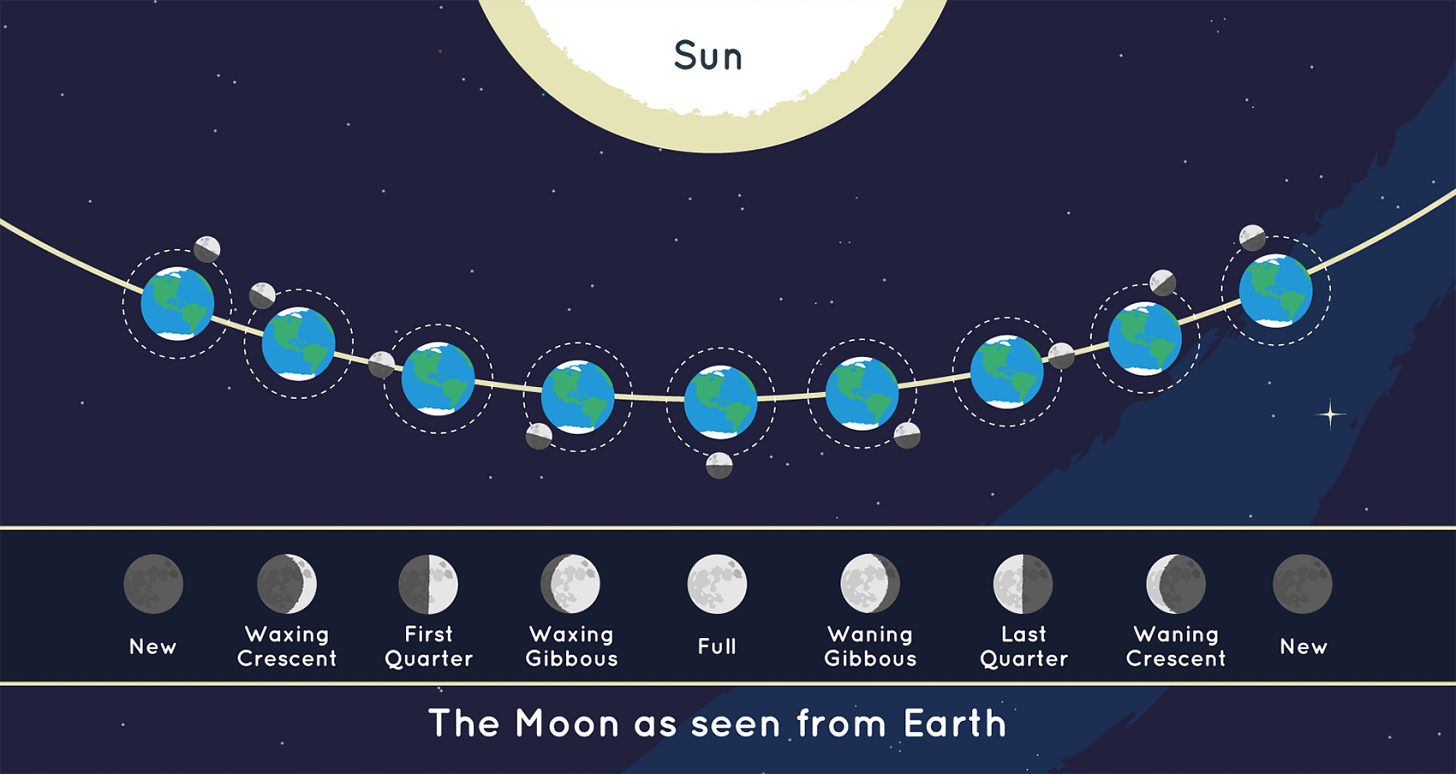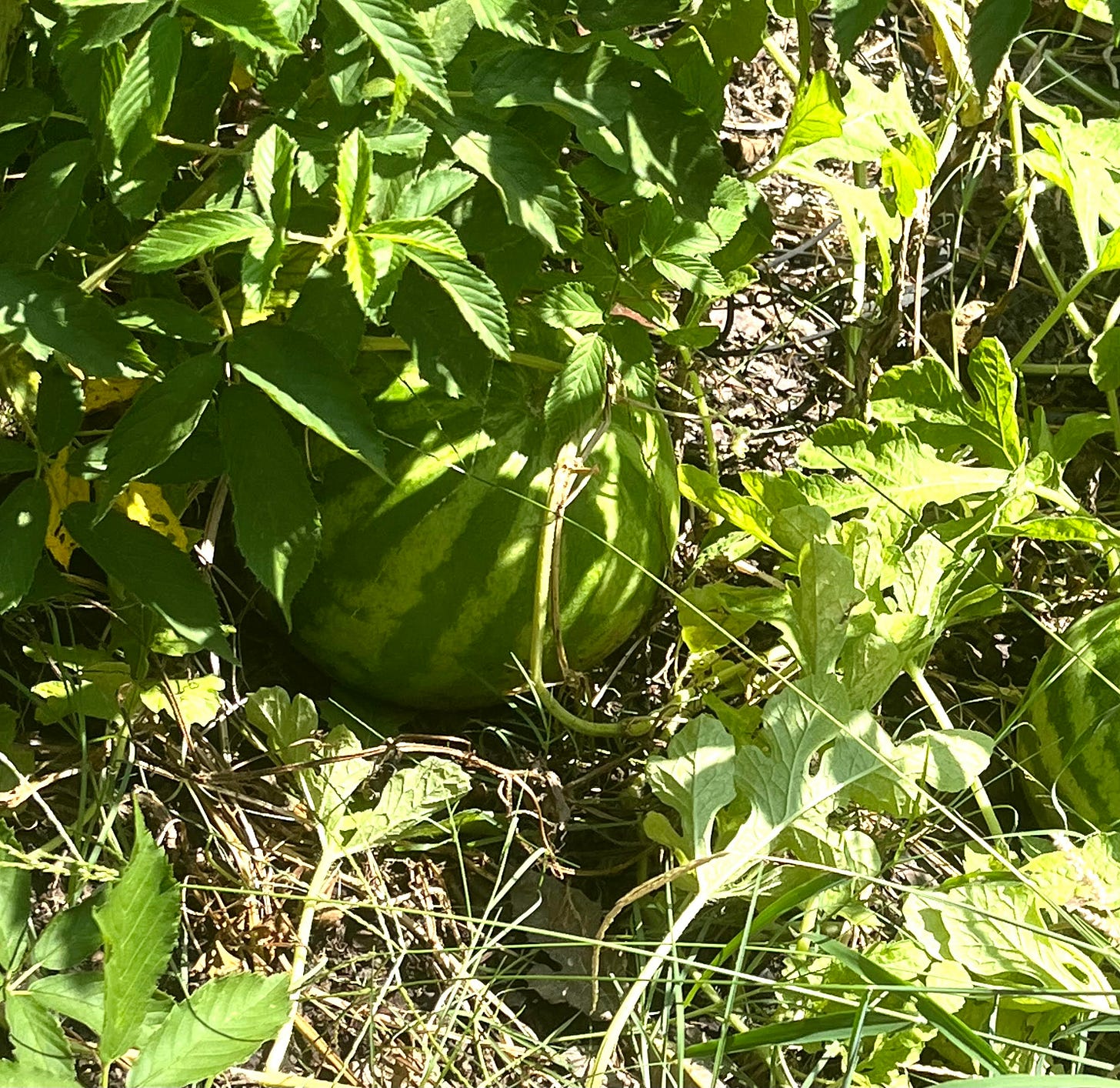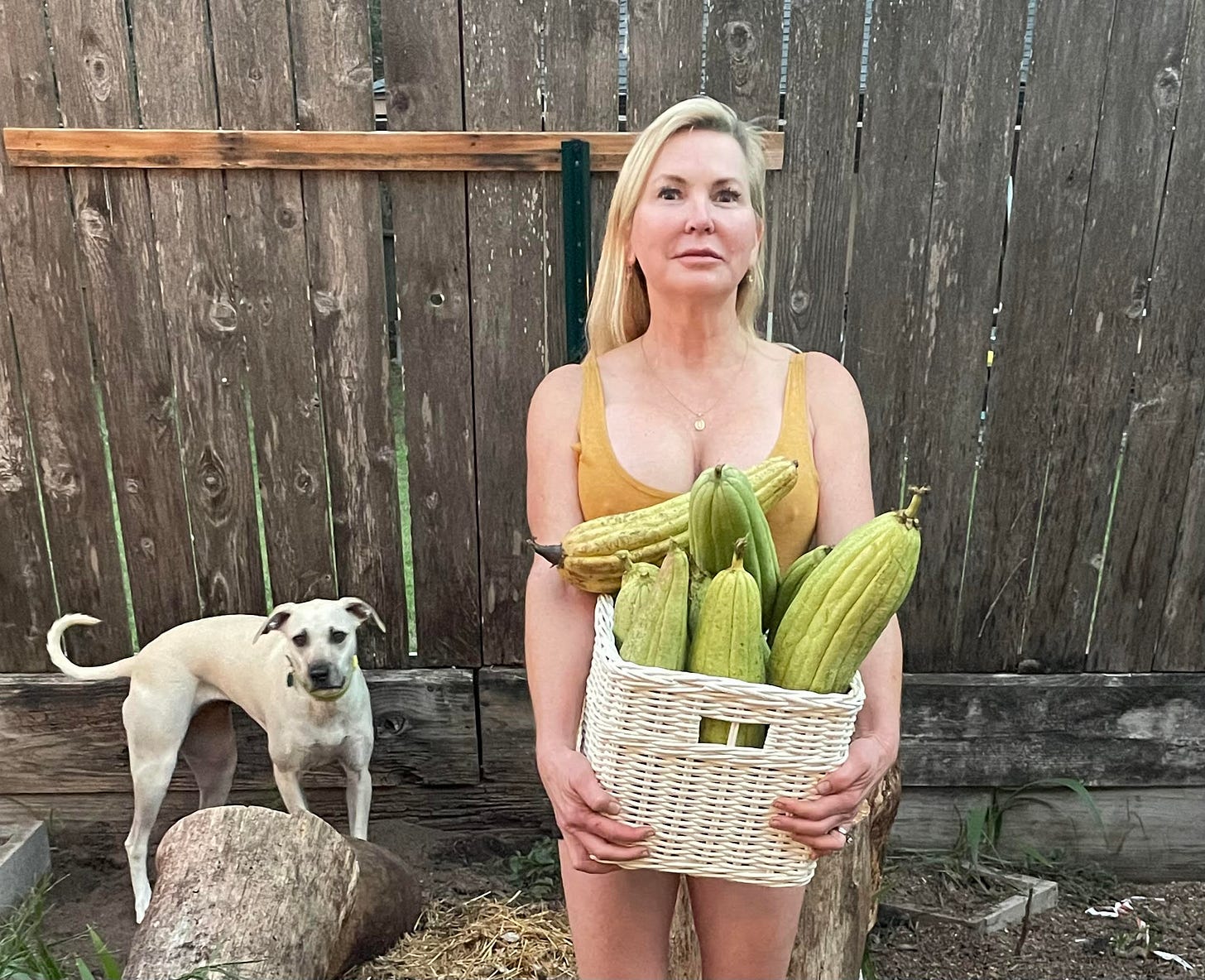Vanished: Lost Knowledge in the Age of Intelligence
Bonus -- We're Seriously Running Out of Conspiracy Theories
When it comes to lost knowledge, I venture to say that the loss is so vast, we (as in, humanity as a whole) have no true concept of the magnitude. I got an inkling about this when I was a young girl, still living at home.
I often hung out with my father as he went about his daily household chores in evenings and on weekends. He and my mother grew all manner of food crops, though not on the scale that DS and I do today.
Anyway, my dad was telling me stories about my grandparents and great-grandparents and how they went about growing the family’s food. In the course of this conversation he mentioned “planting by the moon.” I had never heard of that before, but being so young that didn’t surprise me.
Fast forward to late last year when I came across an old Farmer’s Almanac in an antique store. This little guide — from the late 1800s — had a schedule for planting by the phases of the moon. And, despite what you might first think, it doesn’t involve planting at night by flashlight. I don’t know of any farmers who know anything about this method. It’s a lost (or almost lost) age-old practice for planting.
Planting By the Moon
If you think about it, the concept of planting by the moon’s phases makes total sense. Just as the moon affects our oceans, its cycles also affect plant growth due to its gravitational force. The theory, according to that old almanac, is that seeds absorb more water during the full moon and new moon cycles.
This simple image of the moon phases can help you get the idea:
During these times, more moisture is pulled toward the soil surface. This results in better germination rates and stronger, more established plants. The practice involves two periods in the lunar cycle:
The time between the new moon and the waxing full moon
The time between the full moon and the waning new moon
Certain types of plants fare better when planting during the waxing phase and others during the waning phase. Which plants? That’s easy:
Plant crops which bear fruity above ground (tomatoes, squash, melons, etc.) during the waxing moon (phase 1 above), meaning from the day the moon is new to the day it is full. As moonlight gradually increases night by night, this encourages strong stems and leaves after germination.
Plant vegetables which produce the intended food crop underground (onions, beets, potatoes, carrots, etc.) during the waning moon (phase 2 above), meaning from the day after it is full to the day before it is new again. As moonlight gradually decreases night by night, this encourages strong formation of roots, bulbs, tubers.
Here’s a guide from the modern Farmer’s Almanac on this topic. It looks similar to the one I found in the old version, but the new almanac is far inferior in other ways.
We tried this for our spring 2024 planting
We used this method for all of our planting this past season and I believe this practice has some merit. We were on track to have the biggest harvest (by far) this season before Hurricane Beryl laid waste to much of our growing infrastructure and plants. The first 2/3 of the season yielded a total harvest (all crops combined) that was far larger than any other spring at that time.
Our watermelons survived the hurricane and we’re going to harvest several soon!
Obviously, there’s no way we can say that using this method was the sole cause of our greatly increased harvest. So many things so into growing food: weather, pests, diseases, soil health, etc. Our soil is incredible as we have amended it and nourished it using permaculture principles, since 2011.
We did have a highly annoying, persistent pest problem, but went to war almost everyday to keep them at bay. There’s always a new concern each planting season that affects growth and yield, but we’re pretty good at handling most of them, Hurricane Beryl excepted.
It’s not difficult to plant during certain moon phases, so we’re going to keep doing it. After all, it certainly doesn’t hurt anything and it may help.
Some people are really negative about this technique
There a numerous naysayers out there who cite various scientific analyses, studies, etc, claiming there’s no backing or merit to this practice at all. I am not sure it’s easy to conduct a definitive scientific analysis of whether this works or not. I really don’t have anything to say to those who aren’t on board, except that they certainly don’t have to use it.
A picture from our loofah harvest last year. It was a crazy huge harvest! So huge, DS wouldn’t let me plant any this year.
People who don’t use all organic practices with their growing probably wouldn’t see any benefit from moon phase planting because they use technologies and chemicals we aren’t willing to use.
Then there’s the “esoteric” type people who take it way too far, involving horoscope signs, or whatever, into the mix. To each his own, but I don’t have time for that.
When All Your Conspiracy Theories Come True…
I think people who deny the “war on food,” simply don’t want to face the truth. I came across an article on ZeroHedge about the UK government now backing “sustainable food” in the form of eating insects.
In my experience, things that begin in the UK, or other western European countries, typically make their way to the US apace and it seems it’s happening right now. From the ZeroHedge article:
“Meanwhile Western governments are locked in a concerted effort to reset the food supply chain towards sustainability. That means weaponizing climate policies to bankrupt small and medium-sized farms, ensuring a complete mega-corporate takeover of the food supply chain, and eventually, the long game is to transition the world onto an insect and fake meat diet.”
Of course, I have a favorite to win the election this November and I’m certain most of you either know my leanings or can guess them. Even so, I’m concerned that this can’t be stopped, regardless of who wins the election.
Empower yourself. Start small. Grow something, anything. Even if it’s only one herb on the balcony of an apartment, you can do it.






“By the dark of the moon, I planted
But there came an early snow
Been a hoot-owl howling outside my window now
'Bout six nights in a row”
Wildfire - MM Murphy
Well written and thank you for sharing this. My wife is a Native American and speaks of her ancestors planting by the Moon.
I worked in manufacturing and aerospace, and talk often about the loss of institutional knowledge due to the Boomer retirements. What you are talking about is a far greater and a more profound loss.
Printed a hard copy of your post to add to my library. I will also look for copies of those old almanacs. I can’t empathize enough to people to build significant personal libraries of old books filled with old and lost knowledge. It’s going to be far more important than most people realize. Be your own Library of Alexandria.